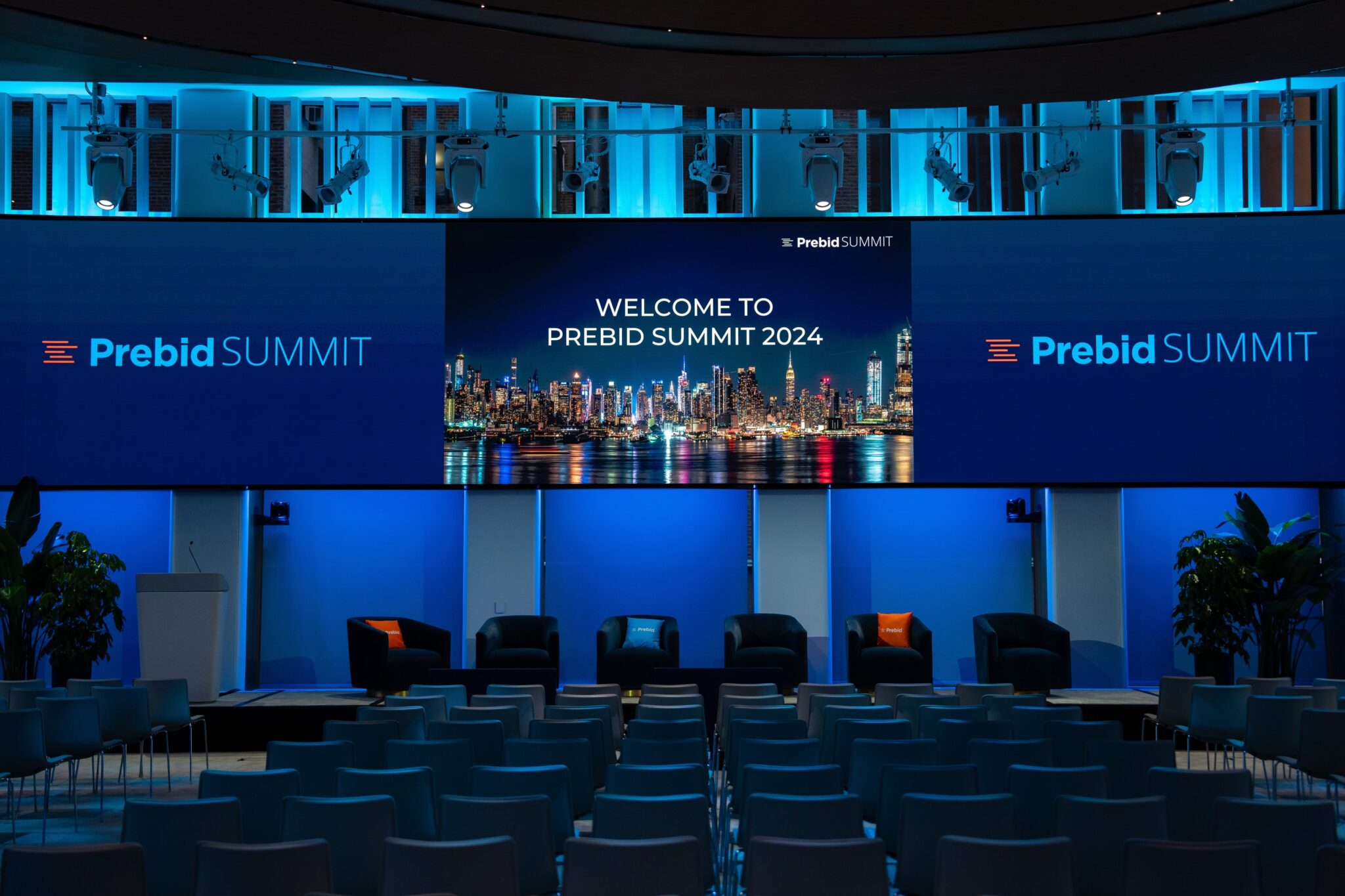
Ratko Vidakovic
AdProfs / Founder
Prebid Summit Recap – Shaping the Future of the Open Web
The annual Prebid Summit has become a pivotal gathering for industry leaders, technologists, and publishers. The event reinforced the need for collaboration, innovation, and adaptability as the adtech ecosystem continues to evolve. With 2025 approaching, the Summit carried a clear message: the time for waiting flat-footed is over—it’s time to actively shape the future.
A Turning Point for Adtech and Publishers
Prebid’s leadership emphasized that 2025 will be a decisive year for the industry. The focus will not be on whether changes will happen but on how the industry will respond to them. Both publishers and adtech providers were encouraged to stop waiting for solutions to be handed down by others and take active steps in shaping the open web.
Mike Racic, President of Prebid, highlighted the organization’s success as an open-source project with a growing presence: 200+ members, millions of websites leveraging the technology, and hundreds of thousands of entities using the framework—all managed by an amazing community of volunteers working on the open source project. Prebid wants to carve out new paths for the future, not merely support existing infrastructure.
The Maturation of the SSP Market
A fireside chat between The Wall Street Journal’s Patience Haggin and Index Exchange’s Andrew Casale explored the evolving role of SSPs and the impending shake-up caused by Google’s Privacy Sandbox and antitrust pressures. Casale pointed out that Google’s deprecation of third-party cookies is only the beginning. The next shift will involve the phasing out of probabilistic IP-based tracking. This likely future, he said, requires innovative new addressability strategies, including deterministic authentication and contextual cohorts.
The conversation also touched on the importance of cleaning up the supply chain by eliminating “Made-For-Advertising” (MFA) sites — publishers that exploit adtech to profit from arbitrage. By cutting out these sites, quality publishers get better access to ad dollars, improving the overall health of the ecosystem. The discussion also emphasized the importance of sellers.json as a transparency tool for identifying bad actors, and the ongoing evolution of the SSP space, where consolidation and differentiation are increasingly important.
The Growing Use of Identity Solutions
Breakout sessions highlighted the growing role of identity frameworks and extended IDs (EIDs) in the bidstream to fill the gap left by the degradation of third-party cookies. Panelists noted that three-quarters of demand-side platforms (DSPs) now see increased spending across EIDs, signaling that the shift toward “cookieless” solutions is well underway.
However, it was noted that not all IDs are created equal, and publishers must figure out which combinations yield the highest CPMs. Shared ID, a first-party ID solution supported by Prebid, was highlighted as the most commonly used ID module.
The importance of first-party identifiers and alternative addressability signals was a recurring topic as well. Participants agreed that with the right deployment, these tools could mitigate signal loss and enable publishers to maintain effective monetization strategies. Audigent’s CTO Matt Griffiths summed up this sentiment by saying, “We have everything we need to be successful; it’s just about stitching it together.”
Navigating a Privacy-First Future
The theme of privacy was central throughout the Summit. Panels explored how user agents, privacy laws, and shifting market dynamics are reshaping the open web. Industry leaders acknowledged that past practices may have overused available data, leading to privacy backlashes. However, this current period of reckoning can be seen as an opportunity to rebuild trust and develop products that put consumers first.
The conversation on privacy emphasized the need for interoperability and collaboration with regulators to create meaningful privacy frameworks. Speakers from ID5, LiveRamp, and Adapex discussed how a tiered model of publishing—ranging from premium subscription sites, to mid-sized authenticated publishers, to long-tail contextual sites—will constitute the future of the open web.
Prebid’s Expanding Mission Going Forward
In the final panel on Prebid’s future, Mike Racic and Prebid Chairman Garrett McGrath reiterated that the organization’s mission remains focused on creating open-source software solutions that empower publishers. As the industry faces new challenges, Prebid wants to shift from a defensive posture to playing offense, expanding its scope to include emerging channels like digital-out-of-home (DOOH), Connected TV (CTV), Audio, and Measurement.
While Prebid will continue to collaborate with the IAB Tech Lab on setting standards, the focus will remain on building code and tools that help publishers monetize effectively. The closing remarks made it clear that community involvement will be critical in shaping the future, particularly in addressing signal loss and ensuring that the open web remains free, trusted, and transparent.
A Call to Action for the Industry
The future of the open web depends on collaboration across all sectors of the industry. Participants at the Prebid Summit were encouraged to continue working together, developing open standards that prioritize both privacy and innovation. Prebid, as a leading open-source initiative, is uniquely positioned to help guide the industry through these transformations.
The second annual Prebid Summit made it clear that the adtech ecosystem is at a crossroads. With regulatory changes, technological shifts, and evolving consumer expectations, the industry must move from waiting for external solutions to actively creating a sustainable future for digital advertising. The open web has long been an engine for innovation, and through collaboration, transparency, and a willingness to embrace change, it can continue to thrive.


